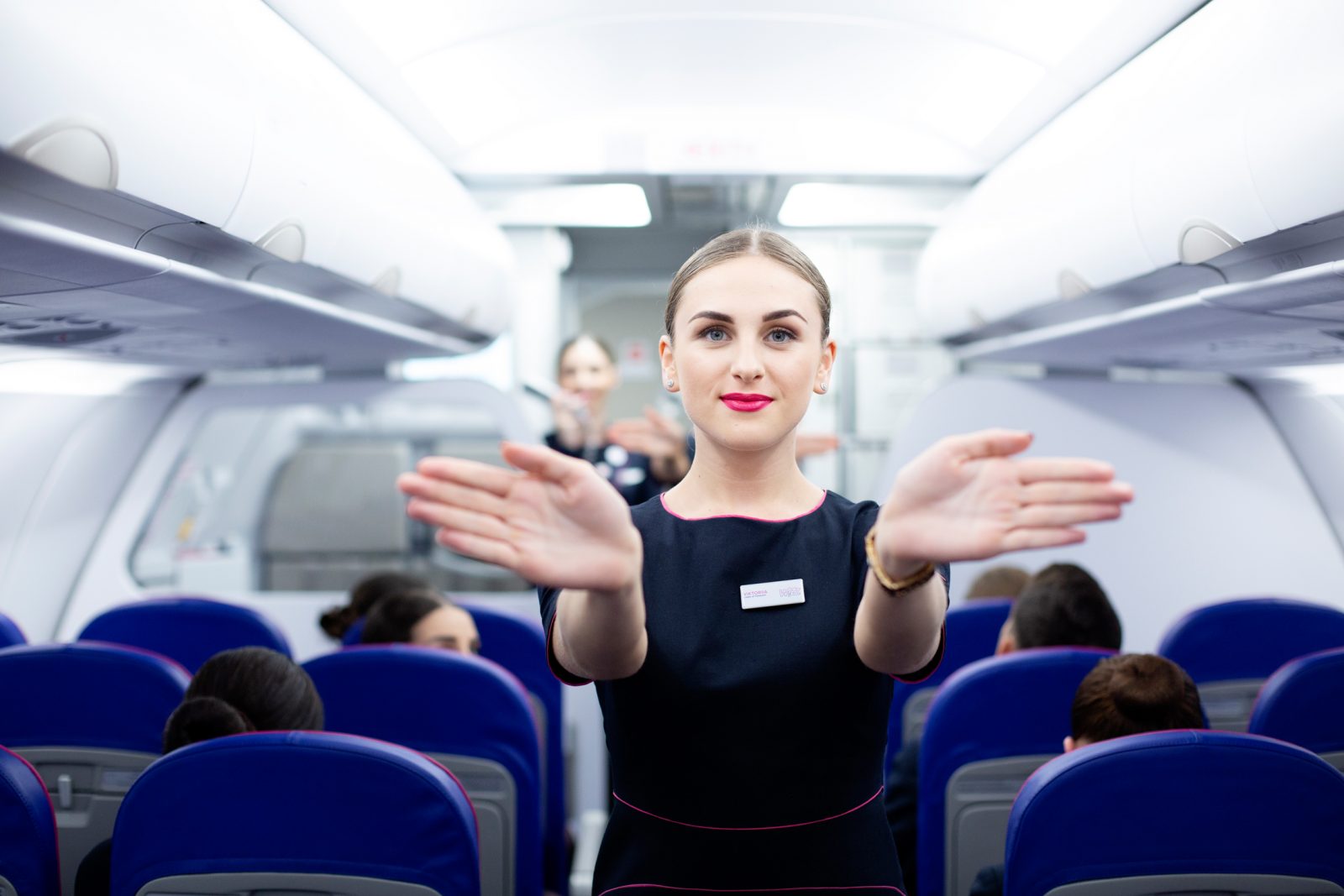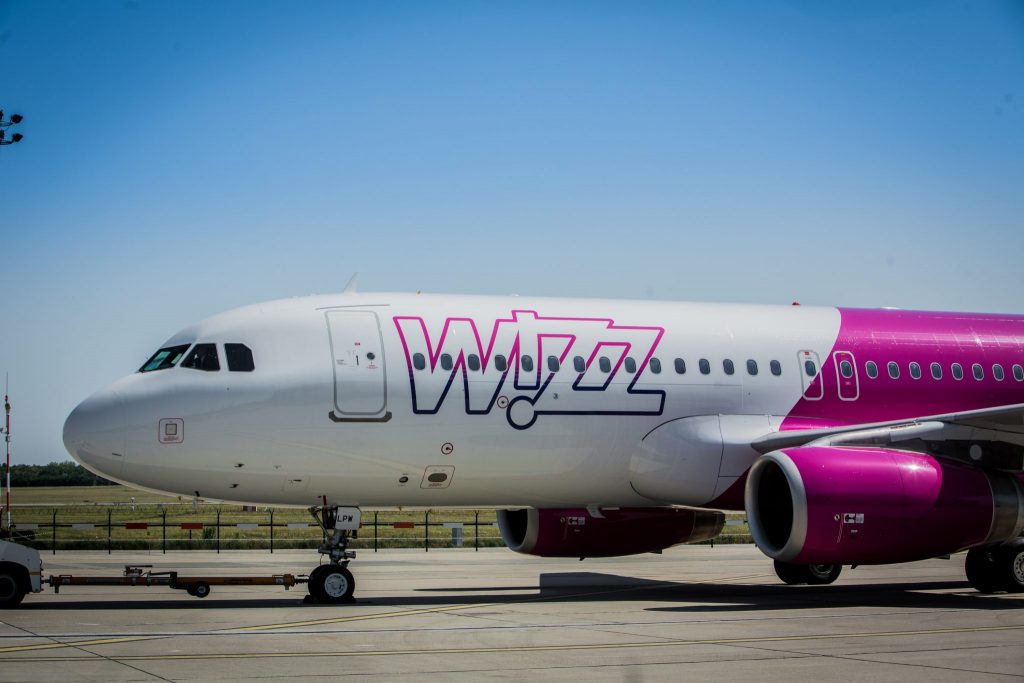
The Hungarian-based discounter Wizz Air claims a European waiver on so-called ‘use it or lose it’ slot rules is hindering rather than helping the recovery of the aviation industry and says it’s ready and willing to fill slots that other airlines aren’t using. In a veiled dig at British Airways, Wizz Air chief executive József Váradi accused “incumbent” airlines at Gatwick Airport of holding onto takeoff slots with no intention of using them and in turn blocking competition and recovery.
In normal times, European airlines are expected to use takeoff slots they have been awarded at least 80 per cent of the time. If they don’t, they risk being stripped of the slot the following season. In March, the European Commission suspended the 80/20 use it or lose it rule because the COVID-19 crisis forced airlines to ground the vast majority of flights.

The suspension was designed to relieve pressure on airlines who would otherwise have to operate ‘ghost flights’ to fulfil the requirements of the slot rules. Not only would that put airlines under even greater financial pressure by forcing them to operate empty flights to nowhere but European regulators rightly pointed that the environmental impact just couldn’t be justified.
For the time being, the slot rules are suspended for the summer season but many airlines and the International Air Transport Association (IATA) wants the waiver extended at least through the winter 2020/2021 season starting in October. A request that Wizz Air wants to be turned down.
“The calls to prolong the slot waiver until March 2021 are against free competition and protect incumbent airlines with weak business models while airlines like Wizz Air are ready to take up new market opportunities and provide even more low fare opportunities for their passengers and essential connectivity for countries,” Váradi commented.
Wizz Air has arguably been the most aggressive airline in Europe in its flight restart plans despite the continuing effects of the Corona crisis and is already operating to 77 per cent of its capacity. While many airlines are hoping to cancel or delay new aircraft deliveries for several years, Wizz Air also intends to take on 30 brand new A321NEO jets next year – five more than previously planned.
“Wizz Air is willing and able to expand to bring back much needed international connectivity and jobs to the aviation industry, but is being prevented from doing so by those airlines who, with the support of slot co-ordinators, on the one hand, complain that they are unable to operate and yet object to the creation of new capacity that would allow resilient airlines to start operations,” the airline said in a statement.
Váradi was particularly scathing of “incumbent airlines” at London’s Gatwick airport that are taking advantage of the slot waiver but have “publicly stated that they believe that it could take years until their levels of demand return to normal and that they will scale back their operations at, or withdraw from, the airport entirely.”
British Airways threatened to abandon Gatwick in May and has since warned that it doesn’t expect a recovery in passenger demand until 2023 at the earliest. The airline will restart some long-haul flights from Gatwick but intends to move short-haul operations to Heathrow for the foreseeable future.
Wizz Air is no stranger to attacking its much larger rivals, previously saying that business class seats should be scrapped in order to reduce greenhouse emissions. Critics of the airline, however, claim Wizz Air hasn’t been without fault through the COVID-19 pandemic, accusing it of operating flights just to avoid paying out refunds to passengers that weren’t even allowed to travel because of border restrictions.
Despite grand expansion plans, the airline has also made hundreds of cabin crew and pilots redundant at several bases across Europe, blaming the pandemic for the job losses.
Related
Mateusz Maszczynski honed his skills as an international flight attendant at the most prominent airline in the Middle East and has been flying ever since... most recently for a well known European airline. Matt is passionate about the aviation industry and has become an expert in passenger experience and human-centric stories. Always keeping an ear close to the ground, Matt's industry insights, analysis and news coverage is frequently relied upon by some of the biggest names in journalism.







